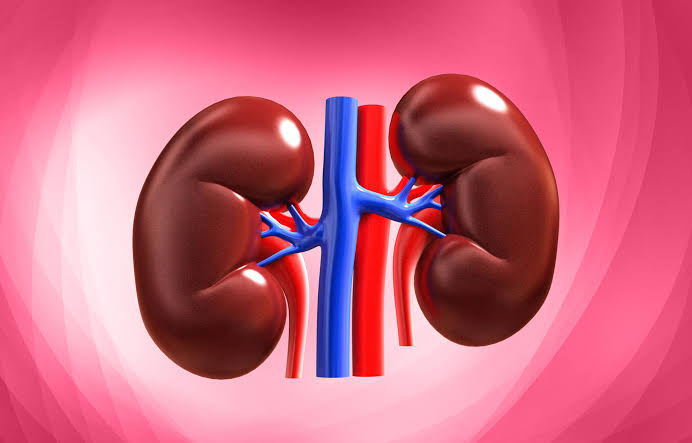The first step to healthy eating is stocking your kitchen with the right foods. Many foods contain hidden sugars and sodium, so it’s important to know what’s in your refrigerator.
Diabetes and high blood pressure are the top causes of kidney disease, but managing these conditions can help prevent or slow it down. By making healthy food choices and controlling your intake of sugar, fat, sodium, and salt, you can reduce the risk of kidney disease and protect your kidneys.
To keep your kidneys healthy, avoid these five foods in your daily diet:
1) Soda: Avoid soda! It offers no nutritional value and is loaded with sugars, leading to extra calories and potential weight gain. A typical 12 oz. cola has 152 calories, and in some places, larger servings are common. Sodas have been linked to issues like osteoporosis, kidney disease, metabolic syndrome, and dental problems. Even diet sodas, though lower in calories, provide no nutritional benefit and often contain artificial sweeteners. Choose water instead, and add a slice of fresh fruit for flavor if needed.
2) Processed Deli Meats: Cut out cold cuts like bologna and ham. These processed meats are high in sodium and nitrates, which have been linked to cancer. Opt for leaner options like fresh roasted turkey or chicken, and always choose low sodium, low nitrate varieties.
3) Butter: Reduce butter usage. Butter, made from animal fat, is high in cholesterol, calories, and saturated fat. While margarine, made from vegetable oil, has healthier fats, it can contain trans fats. When possible, use canola or olive oil, or choose a spread that’s lower in calories and saturated fat without trans fats.
4) Mayonnaise: Mayonnaise is calorie-dense, with 103 calories per tablespoon, and high in saturated fat. Lower calorie and fat-free versions often contain more sodium, sugar, and additives. A healthier alternative is plain non-fat Greek yogurt, which is high in protein and works well as a salad binder.
5) Frozen Meals: Processed foods, including frozen pizzas and microwave dinners, can contribute to type 2 diabetes due to hidden sugars, sodium, and fat. Not all frozen meals are unhealthy, but it’s best to prepare fresh foods when possible. If you choose frozen meals, read labels carefully—look for “low sodium” or “no sodium added” options, and avoid meals with added sugars or fillers. Balance your meal with fresh fruits and vegetables.
Get instant and latest news updates via Our WhatsApp Community or Google News online channel.


